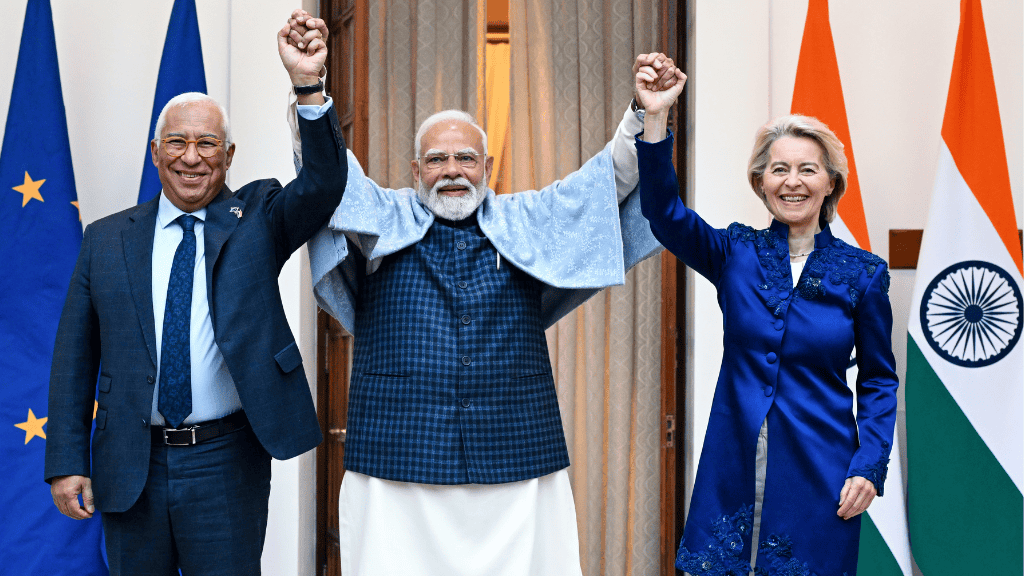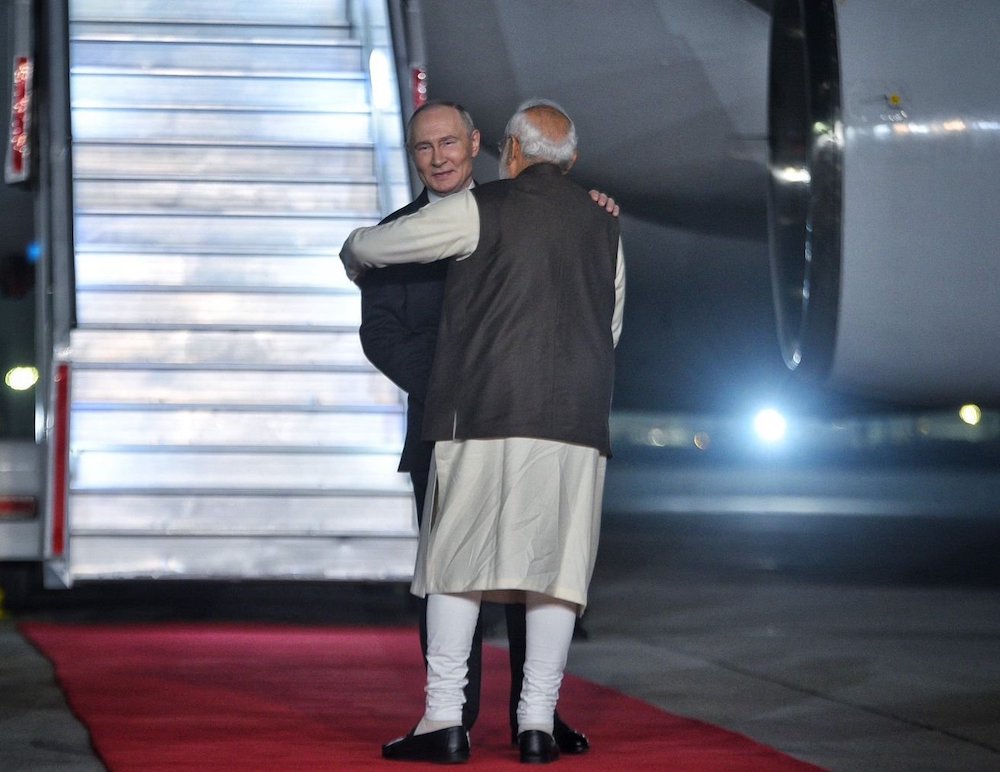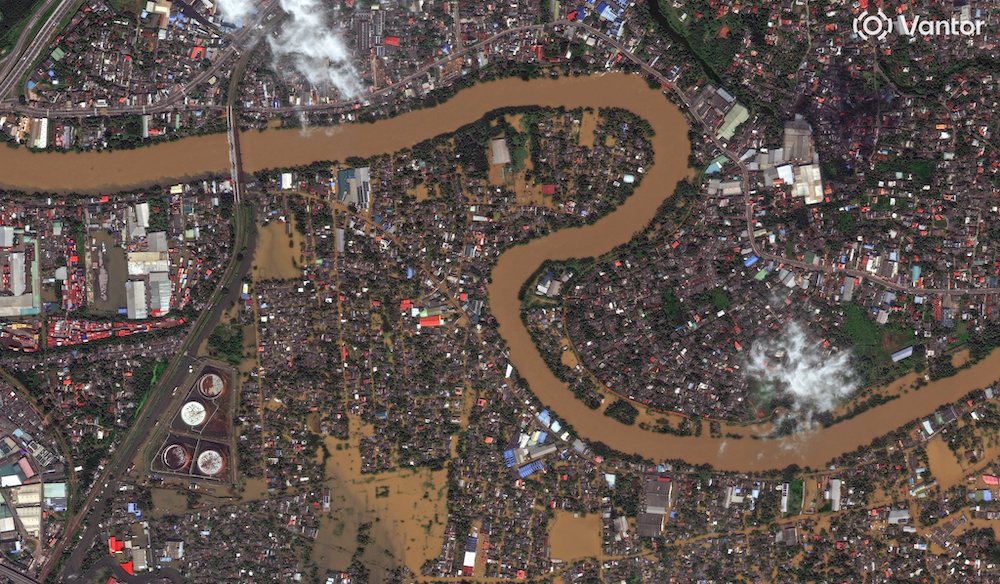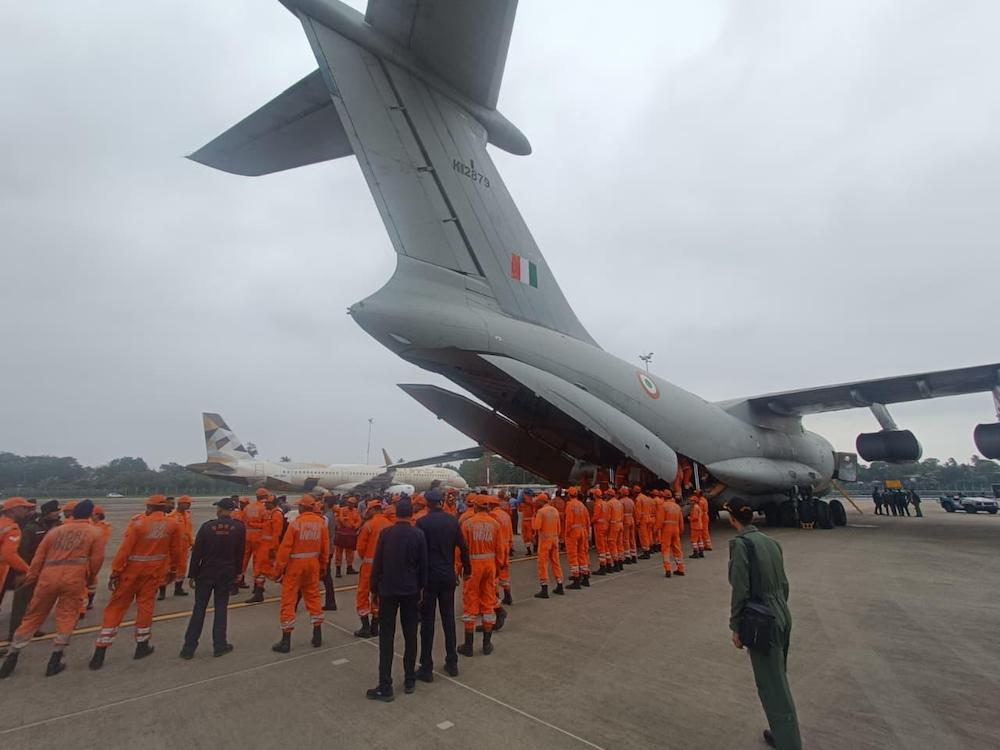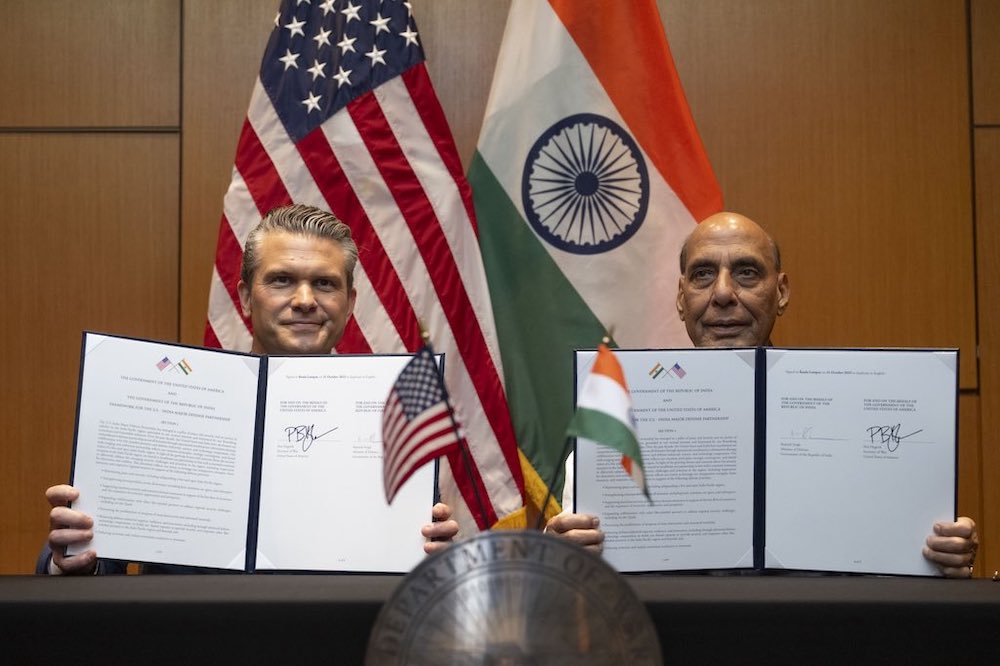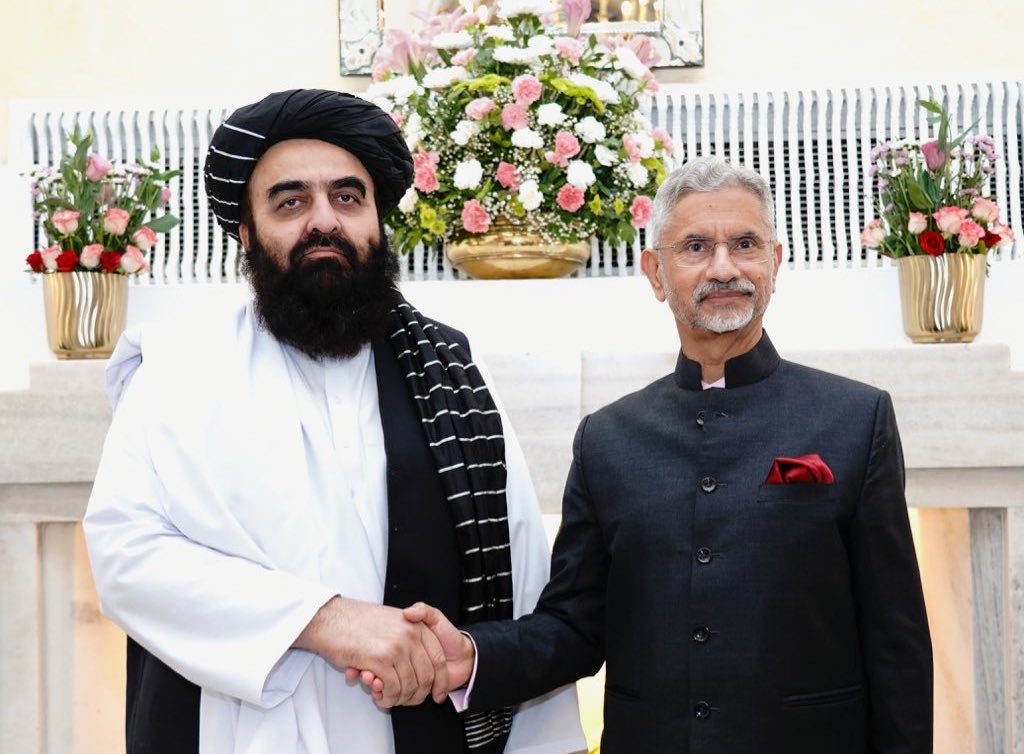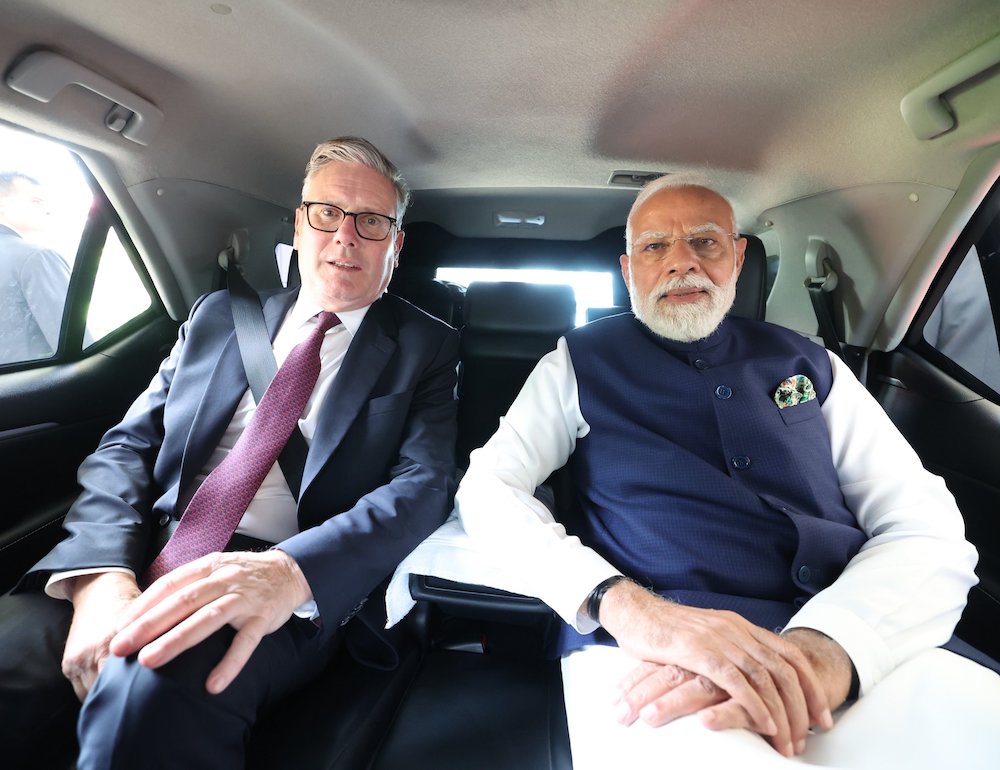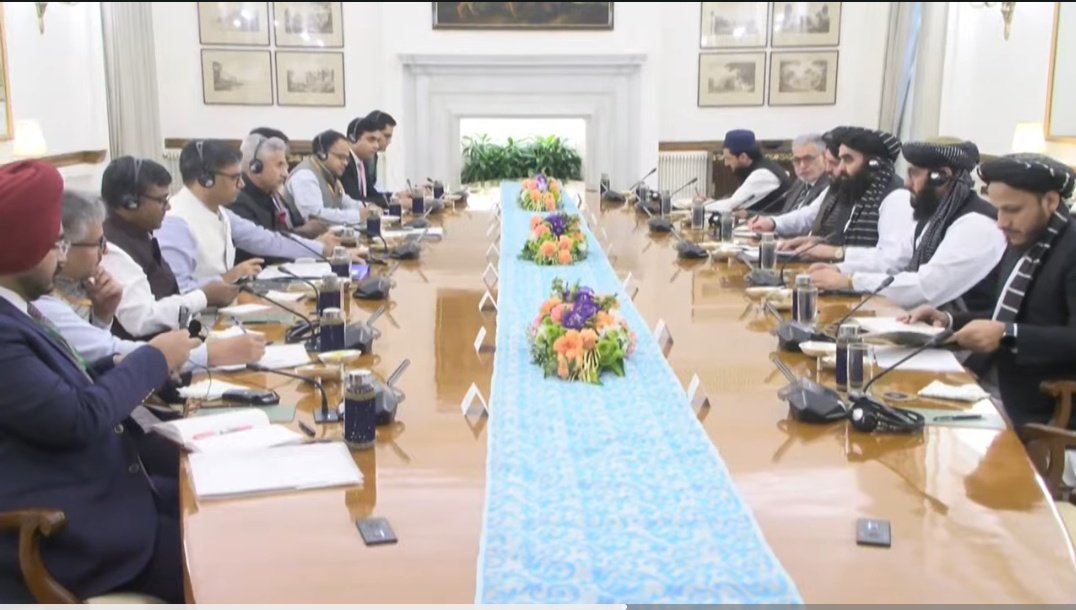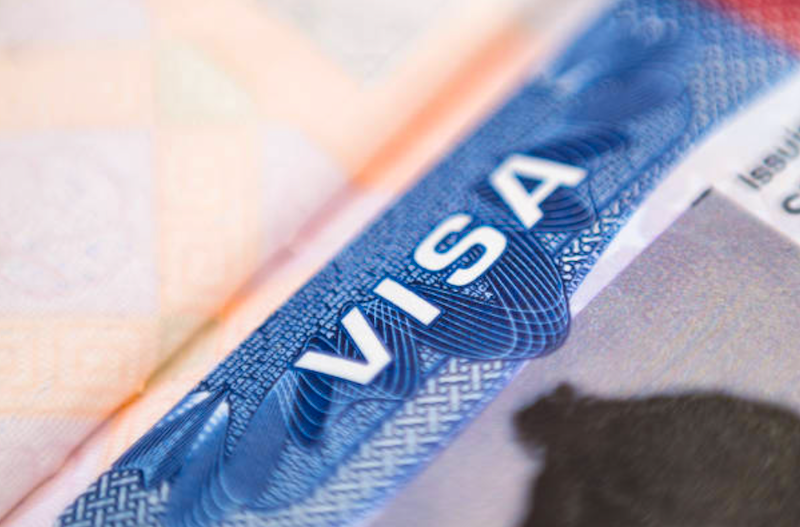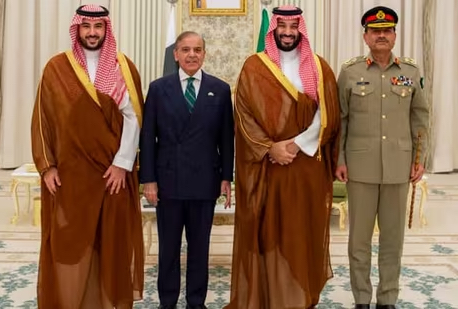 Saudi Arabia’s crown prince, Mohammed bin Salman (2R), Saudi Arabia’s defence minister, Khalid bin Salman (L), Pakistan’s PM Shehbaz Sharif (2L) and Pakistan’s army chief, Field Marshal Asim Munir. (Photo: Saudi Arabia official release)
Saudi Arabia’s crown prince, Mohammed bin Salman (2R), Saudi Arabia’s defence minister, Khalid bin Salman (L), Pakistan’s PM Shehbaz Sharif (2L) and Pakistan’s army chief, Field Marshal Asim Munir. (Photo: Saudi Arabia official release)
New Delhi: India responded with measured concern to Pakistan and Saudi Arabia’s strategic mutual defence agreement signed on Thursday. The Ministry of External Affairs on Friday emphasized that New Delhi expects its own deepening ties with Riyadh to influence the kingdom’s regional calculations.
Speaking at a media briefing, the MEA spokesperson, Randhir Jaiswal, stressed India’s expectation that Saudi Arabia would consider “mutual interests and sensitivities” in its security arrangements, underlining New Delhi’s strategic partnership with the Gulf kingdom.
“India and Saudi Arabia have a wide-ranging strategic partnership which has deepened considerably in the last several years. We expect that this strategic partnership will keep in mind mutual interests and sensitivities,” Jaiswal stated, delivering India’s first comprehensive response to the Pakistan-Saudi pact.
The MEA confirmed on September 18 that the government had been aware the defence agreement was under consideration and would study its implications for India’s national security and regional stability. “We will study the implications of this development for our national security as well as for regional and global stability,” the ministry said in its initial response.
Jaiswal noted that the agreement formalized “a longstanding arrangement between the two countries,” suggesting India viewed the pact as an institutionalization of existing informal security cooperation rather than an entirely new development.
The government emphasized its commitment to “protecting India’s national interests and ensuring comprehensive national security in all domains,” signalling that New Delhi would take necessary measures to address any security implications arising from the Pakistan-Saudi arrangement.
Weekly Media Briefing by the Official Spokesperson (September 19, 2025)
— Randhir Jaiswal (@MEAIndia) September 19, 2025
https://t.co/DmjIRygxkX
India’s response highlighted its own strengthened bilateral relationship with Saudi Arabia as a potential moderating factor on the new defence agreement. The countries established a strategic partnership council in 2019, expanded in April 2025 to include four ministerial committees covering defence and cultural cooperation.
Bilateral trade between India and Saudi Arabia reached $42.98 billion in 2023-24, making the kingdom India’s fifth-largest trading partner, while Saudi Arabia remains India’s third-largest crude oil supplier. The economic dimension significantly outweighs Saudi-Pakistan trade, which stands at approximately $3–4 billion annually.
Saudi Arabia has committed to investing $100 billion in India across energy, technology, infrastructure and other sectors, providing New Delhi with substantial economic leverage in bilateral relations. Defence cooperation has also accelerated with joint naval exercises and the first-ever land forces exercise conducted in 2023.
The Indian response reflects careful diplomatic positioning aimed at maintaining strong ties with Saudi Arabia while expressing concern over potential implications for regional security. A senior Saudi official told Reuters that the kingdom’s relationship with India was “more robust than it has ever been” and would continue to grow.
The official emphasized that the Pakistan agreement was “not a response to specific countries or specific events,” seeking to reassure India about the pact’s intentions. However, the agreement’s Nato Article 5-style clause declaring that “any aggression against either country shall be considered an aggression against both” has raised concerns in New Delhi about potential implications for future India-Pakistan tensions.
Political criticism
The Congress party criticized the prime minister, Narendra Modi, over the development, describing it as “another setback” for India’s personality-driven diplomacy. The opposition expressed “deep concern” over the defence pact and questioned the effectiveness of Modi’s diplomatic engagement with Gulf nations.
However, the government’s measured response indicates India recognizes it cannot prevent the Pakistan-Saudi agreement while seeking to leverage its own strengthened bilateral ties with Riyadh to minimize any adverse implications for Indian interests.
The timing of India’s response demonstrates New Delhi’s diplomatic maturity in handling a potentially sensitive development, choosing to emphasize positive bilateral ties rather than directly opposing the Pakistan-Saudi arrangement. The MEA’s statement suggests India expects its economic and strategic partnership with Saudi Arabia to provide some insulation against any negative fallout from the new defence agreement.

